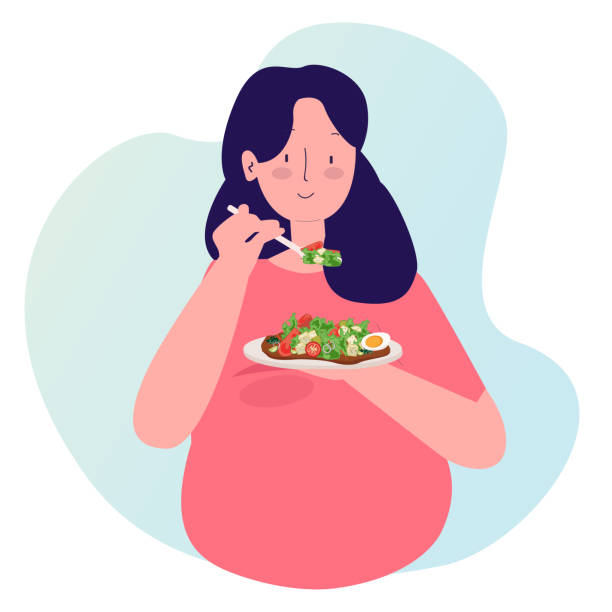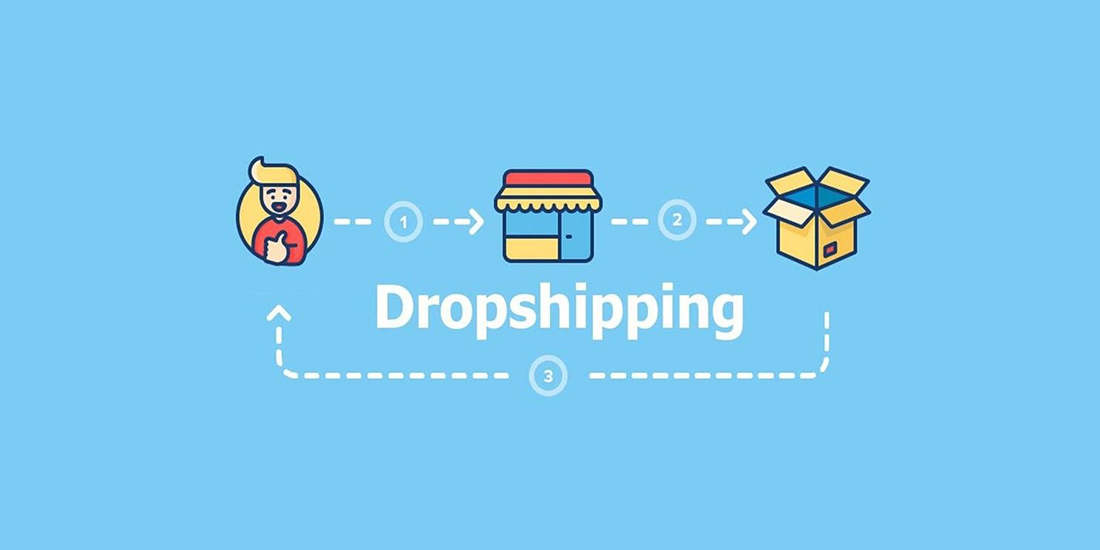Proper nutrition during pregnancy is one of the most important factors affecting the health of both mother and fetus. During this sensitive period, there are certain foods that may pose a risk to the pregnancy and should be avoided or limited. In this article, we will review in detail the foods and drinks that a pregnant woman should stay away from, explaining the scientific reasons behind each, in addition to important nutritional advice to ensure a safe and healthy pregnancy.
Why Should Some Foods Be Avoided During Pregnancy?
During pregnancy, a woman’s body undergoes many hormonal and physiological changes that affect the immune system, making her more susceptible to bacterial and parasitic infections. Some of these infections can be dangerous and affect the growth and development of the fetus. In addition, there are some substances that may be harmful to the fetus, such as mercury, excessive caffeine, and certain enzymes found in some fruits.
It is important to know that the fetus receives its nourishment through you, so everything you eat directly affects it. Some foods may cause birth defects, lead to miscarriage, premature birth, or stillbirth. Therefore, knowing the prohibited foods during pregnancy is crucial for maintaining your health and the health of your fetus.
Fish and Seafood to Avoid
High-Mercury Fish
Some types of large fish contain high levels of mercury, a heavy metal that can harm the developing nervous system of the fetus. Mercury accumulates in the bodies of large fish that live for long periods in polluted waters. The most important fish to avoid during pregnancy include:
- Shark
- Swordfish
- King mackerel
- Tilefish
- Marlin
- Bigeye tuna (especially large white tuna)
It is advisable to eat safe fish that contain low levels of mercury and are rich in omega-3 fatty acids, which are beneficial for fetal brain development, such as salmon, sardines, tilapia, and shrimp, in an amount ranging from 224 to 336 grams per week (equivalent to 2-3 servings).
Raw or Undercooked Seafood
Completely avoid raw or undercooked seafood because it may contain harmful bacteria and parasites, such as:
- Sushi and sashimi made from raw fish
- Raw oysters
- Raw scallops
- Ceviche (a dish of marinated raw seafood)
- Refrigerated smoked fish (such as smoked salmon)
Seafood should be cooked thoroughly until its internal temperature reaches 63°C (145°F). You can tell that fish is cooked when its flesh flakes easily and its color becomes white.
Undercooked Meat and Eggs
Raw or Undercooked Meat
Raw or undercooked meat may contain bacteria such as Salmonella, E. coli, Listeria, or the Toxoplasma parasite that causes toxoplasmosis. Foods to avoid include:
- Raw or undercooked meats (such as rare steak)
- Undercooked ground meat
- Sausages and luncheon meats unless heated thoroughly
- Pâté and refrigerated meat spreads
- Ready-made meat salads (such as tuna or chicken salad)
Meat should be cooked thoroughly until no pink areas remain, and a meat thermometer should be used to ensure it reaches a safe internal temperature (71°C for ground meat and 63°C for whole cuts of meat).
Raw or Undercooked Eggs
Raw eggs may contain Salmonella bacteria, which cause food poisoning. Avoid:
- Raw or undercooked eggs (such as soft-boiled eggs)
- Foods that contain raw eggs, such as:
- Homemade mayonnaise
- Caesar dressing
- Tiramisu
- Raw dough containing eggs
- Homemade eggnog
- Homemade ice cream
You can eat foods that contain pasteurized or well-cooked eggs. When cooking eggs, make sure the yolks and whites are completely firm.
Unpasteurized Dairy Products and Soft Cheeses
Unpasteurized Milk
Unpasteurized milk and its products may contain bacteria such as Listeria, E. coli, or Salmonella. Avoid:
- Raw, unpasteurized milk
- Cheese made from unpasteurized milk
- Unpasteurized juices
Pasteurization is a heating process that kills harmful bacteria without significantly affecting nutritional value. Therefore, make sure all dairy products and juices you consume are pasteurized by reading the nutritional label.
Certain Soft Cheeses
Some types of soft cheese may be made from unpasteurized milk and contain Listeria bacteria, which can cause miscarriage or stillbirth. Avoid:
- Soft white cheese (Brie)
- Blue cheese
- Feta cheese
- Soft goat cheese
You can eat these cheeses if they are made from pasteurized milk, so always check the label. Safe cheeses during pregnancy include cheddar, mozzarella, and Swiss cheese.
Fruits and Vegetables to Be Cautious Of
Unwashed Fruits
Unwashed fruits and vegetables may contain bacteria or parasites such as Toxoplasma from contaminated soil. Wash all fruits and vegetables thoroughly under running water before eating them, even those you will peel.
Certain Specific Fruits
Some fruits may be unsafe during pregnancy or should be eaten in limited quantities:
- Pineapple: Contains bromelain, an enzyme that may cause cervical softening and uterine contractions, especially in the early months.
- Papaya: Contains papain, an enzyme that may stimulate contractions and raise body temperature.
- Dates: Excessive consumption may cause uterine contractions, but eating 1-2 dates daily is considered safe.
- Tamarind: Contains large amounts of vitamin C, which may inhibit progesterone production.
- Watermelon: Overeating may expose the fetus to toxins and raise blood sugar levels.
Raw Sprouts
Avoid raw sprouts such as alfalfa, radish, and mung bean sprouts, as they may contain bacteria such as Salmonella and E. coli. If you want to eat them, cook them thoroughly.
Drinks to Avoid During Pregnancy
Caffeine
Caffeine intake should be limited during pregnancy because it can cross the placenta and affect the fetus. Large amounts of caffeine may increase the risk of miscarriage or low birth weight. The safe limit is 200 mg per day, which is equivalent to:
- 1-2 cups of coffee (240 ml), containing 95 mg of caffeine per cup.
- 2-3 cups of tea (240 ml), containing 47 mg of caffeine per cup.
- 3-4 cans of soda (360 ml), containing 33 mg of caffeine per can.
Also avoid energy drinks, which contain large amounts of caffeine and other stimulants.
Alcohol
Alcohol should be completely avoided during pregnancy because it can cause fetal alcohol syndrome, which leads to physical and mental birth defects. There is no safe amount of alcohol during pregnancy.
Certain Herbal Teas
There is insufficient information about the effects of some herbs on fetuses, so it is advisable to avoid herbal teas unless permitted by your doctor. Some herbs such as cinnamon, peppermint, caraway, and hibiscus may stimulate uterine contractions.
Other Foods to Avoid During Pregnancy
Foods Rich in Vitamin A (Retinol)
Excessive intake of vitamin A (retinol) may cause birth defects in the fetus. Avoid:
- Animal liver (in large quantities)
- Vitamin A supplements or cod liver oil
- Foods fortified with large amounts of vitamin A
You can get vitamin A from beta-carotene sources (found in vegetables and fruits) because it does not pose a risk during pregnancy.
Very Salty Foods
Excessive salt intake may cause fluid retention and high blood pressure, so it is preferable to reduce salt in food and avoid very salty foods, especially in the last months of pregnancy.
Spicy Foods
In the last months of pregnancy, spicy foods may cause heartburn and indigestion, so it is preferable to consume them in moderation.
Processed and Fast Foods
Processed and fast foods contain large amounts of unhealthy fats, sugars, and salt, with little nutritional value. Replace them with fresh and nutritious foods.
Important Nutritional Advice for Pregnant Women
After learning about the foods to avoid, here is some important nutritional advice to ensure proper nutrition during pregnancy:
- Eat a Variety of Foods: Make sure to eat a diverse range of healthy foods to meet your and your baby’s nutritional needs.
- Eat Small, Frequent Meals: Small, frequent meals (5-6 times a day) may help relieve pregnancy nausea and heartburn.
- Drink Enough Water: Make sure to drink 8-10 glasses of water daily to avoid dehydration and constipation.
- Take Supplements as Advised by Your Doctor: Such as folic acid, iron, calcium, and vitamin D.
- Wash Your Hands Thoroughly: Wash your hands before preparing food, before eating, and after handling raw meat.
- Maintain Kitchen Hygiene: Clean kitchen surfaces and cooking utensils well, and separate raw and cooked foods.
- Avoid Excessive Weight Gain: Normal weight gain during pregnancy ranges from 11-16 kg, depending on your pre-pregnancy weight.
- Consult Your Doctor Before Making Any Dietary Changes: Especially if you have any special health conditions such as gestational diabetes or high blood pressure.
Conclusion
Pregnancy is a sensitive period that requires special attention to nutrition. By avoiding foods and drinks that may pose a risk to your health and the health of your fetus, and by following a balanced and healthy diet, you can contribute to the healthy growth of your baby and ensure a safe pregnancy. Always remember that moderation is key, and that you can enjoy most foods in reasonable and safe amounts. Do not hesitate to consult your doctor or a nutritionist for any questions or concerns regarding your nutrition during pregnancy.



